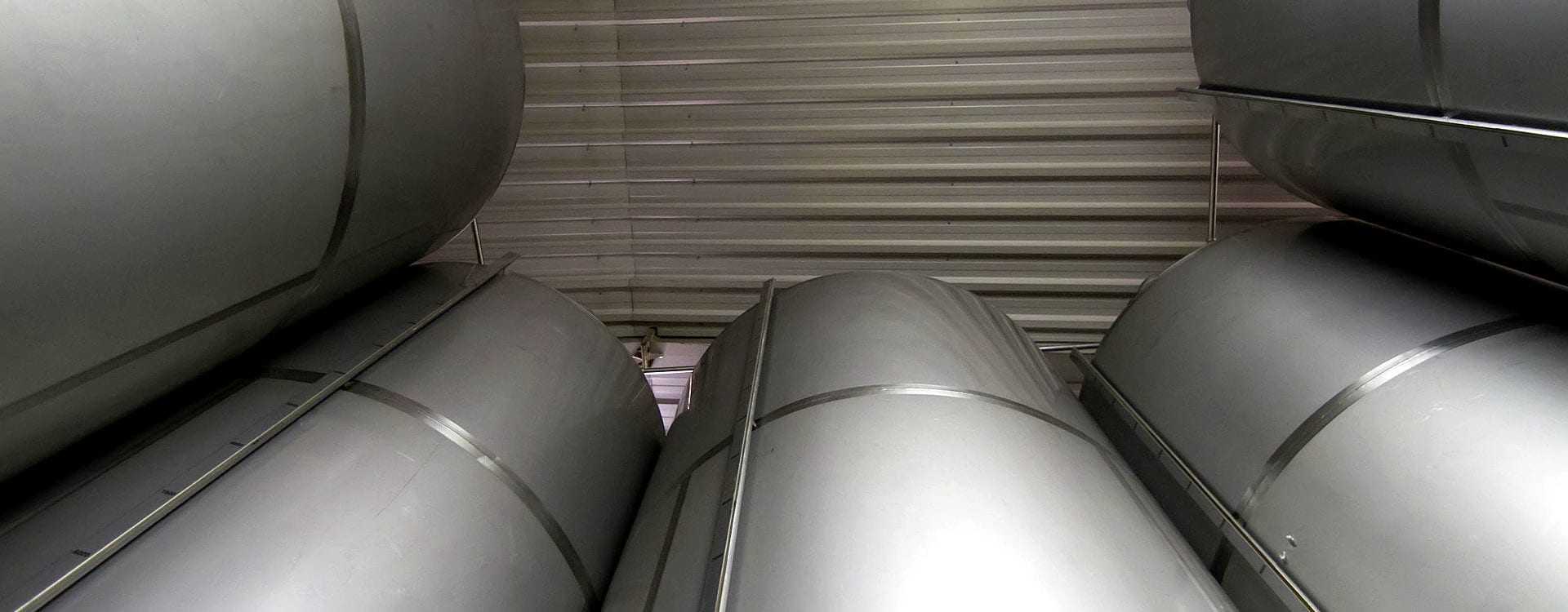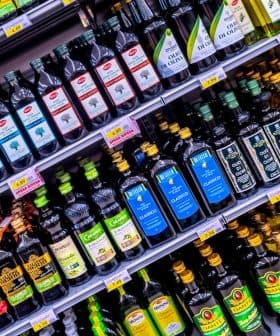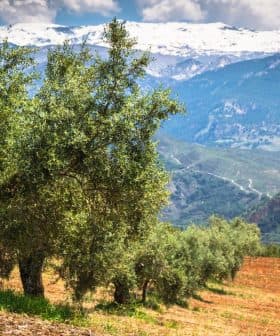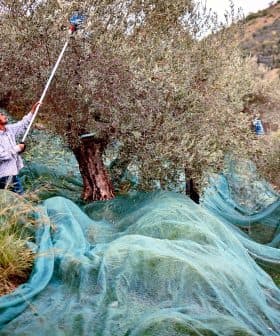Covid Relief Program Could Also Help Italy's Olive Oil Storage Problem

Italian extra virgin olive oil producers are facing a storage crisis due to increased production and decreased demand during the Covid-19 pandemic, with an 85.9 percent rise in storage compared to 2019. The Italian government has allocated funds to purchase excess olive oil for distribution to families in need, in an effort to support producers and prevent waste.
Italian extra virgin olive oil producers have warned that their storage facilities have quickly filled up in the first weeks of the harvesting season.
Compared to the same period in 2019, the amount of extra virgin olive oil in storage has risen by 85.9 percent to a record 42,900 tons.
Tanks are filling up with the olive oil from the current campaign while it is getting harder and harder to place the product on the market in light of the overt crisis in the Horeca sector.
“The Covid-19 crisis that has hit restaurants, bars, hotels since March has led to a relevant increase in the extra virgin olive oil storage,” the major olive oil producers association, Italia Olivicola, wrote. “Quick action by the government is needed, to unlock the market and help the producers.”
The association urged for an already-approved €20 million tender by the Agency for Payments in Agriculture (AGEA) to proceed to publication.
“[The tender] will buy 100-percent Italian extra virgin olive oil, which will then be distributed to the families in need,” the group wrote.
See Also:Italian PDO and PGI Extra Virgin Olive Oils Are Increasing in ValueThe tender is part of a €300-million ($354-million) food aid emergency fund, which has been set up by the Italian Ministry of Agriculture to distribute healthy and staple foods to families in need during the pandemic. As part of the plan, olive oil producers will be paid €3.20 ($3.77) per liter, which many consider too low.
According to data released by the latest Frantoio Italia report, which was published by the Ministry of Agriculture, 67.5 percent of the extra virgin olive oil in need of storage is located in the Puglia, Tuscany, Calabria and Umbria.
Currently, in Puglia, olive oil stocks sit at 77,398 tons, including 54,655 tons of extra virgin olive oil (some of which was leftover from last year). In Tuscany, there are 44,000 tons of olive oil stocks, of which 36,000 tons is extra virgin.
Across the whole of Italy, extra virgin olive oils with a Protected Designation of Origin account for four percent of total olive oil storage, with Terra di Bari PDO occupying nearly half of the available space.
“Tanks are filling up with the olive oil from the current campaign while it is getting harder and harder to place the product on the market in light of the overt crisis in the Horeca sector,” Fabrizio Pini, the president of Italia Olivicola, said in reference to the country’s hospitality and restaurant sector. “Government interventions are absolutely needed to help those producers whose trade channels have been shut down.”
He added that the AGEA tender would be “a decisive step that would allow us to empty the tanks filled with last year’s olive oil throughout Italy” and “a breath of fresh air for the sector.”
Giuseppe L’Abbate, the undersecretary of state for agricultural policies, said that the money for the AGEA tender would be available soon and emphasized their importance in helping all types of Italian producers.
“Those funds are dedicated only to buying Italian products, so that we can help Italian families in need while at the same time giving a hand to Made in Italy agriculture and the agribusiness,” L’Abbate said.
“It is just common sense since, among the effects of the current pandemic, there is the risk of an increase of the population living below the threshold of poverty,” he added. “After this decree, AGEA will publish its tenders.”
In a last-minute press release posted on the Ministry of Agriculture website, Minister Teresa Bellanova also announced that the government has allocated another €340 million ($402 million) for the agricultural sector to face the current crisis.









